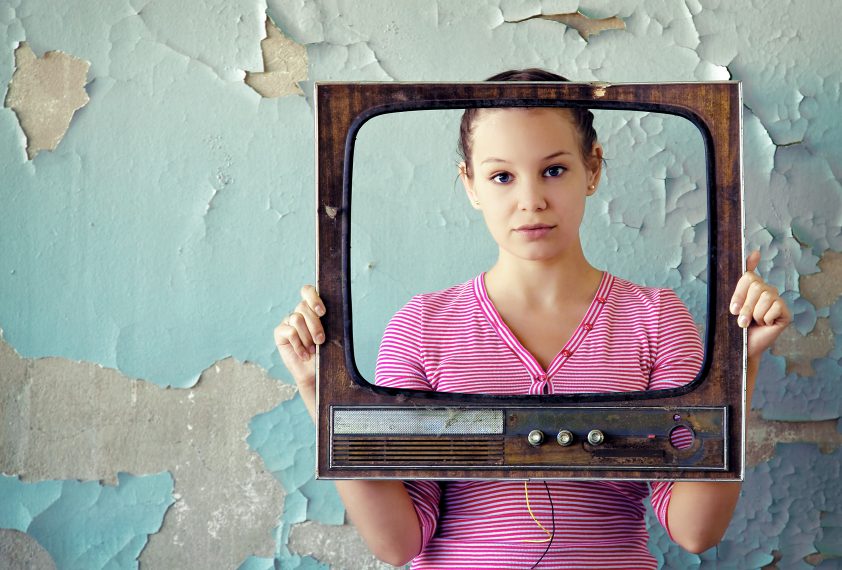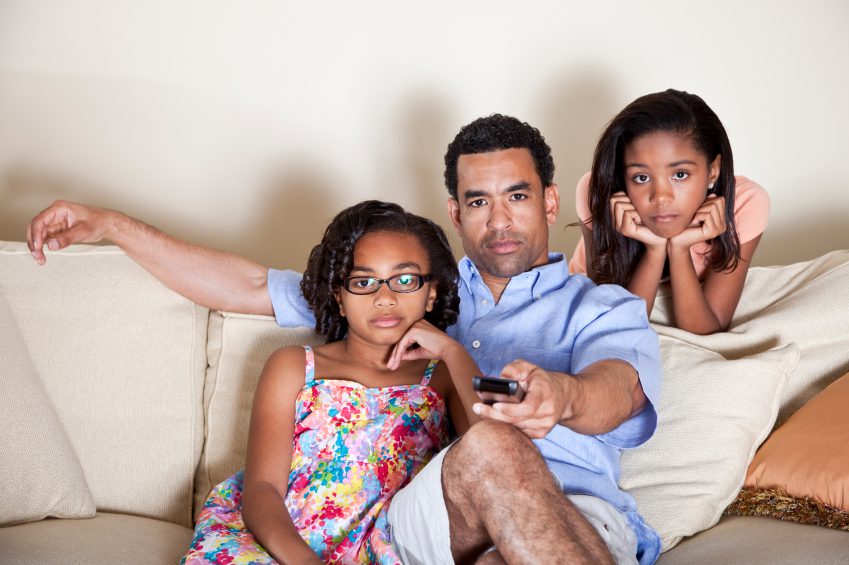Articles containing: media
The Impact Of Reality TV On Our Teens: What Can Parents Do?

Research has shown that reality TV has an impact on the values of young girls and how they view real-life situations. That being the case, it’s important to take a look at some of the standards portrayed on reality TV.
Kim Kardashian was preparing to have her baby.
Should the TV Be On or Off During Times of Breaking News?

During times of “breaking news,” we are all drawn to our TVs, phones and computers for information. This was especially true throughout the 2013 Boston Marathon bombing and lockdown, when we found the drama usually reserved for action-adventure movies playing out in our own neighborhoods.



